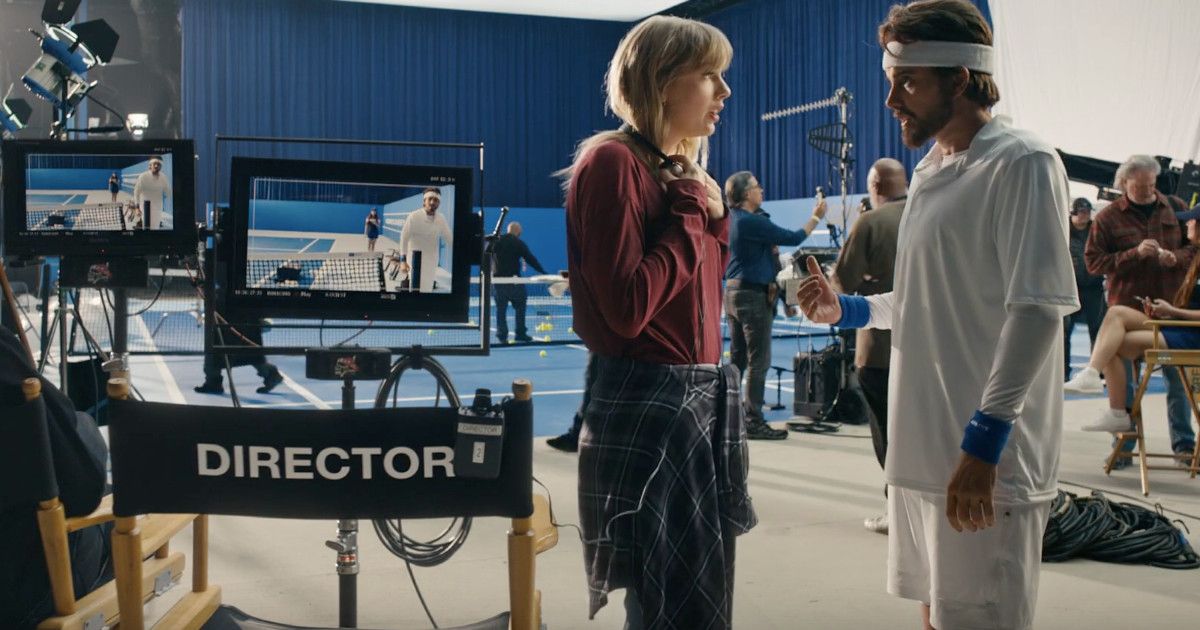In the 21st Century, the entertainment industry has perhaps seen the most change in history, with technology advancing at such a rapid rate, constantly changing how people consume content. In 2005, one of the most influential platforms in the industry was founded, that being YouTube. The idea of a platform that made it so much easier to share personal videos quickly caught wind, with 100 million video views recorded on the platform just one year after its release.
With YouTube becoming more accessible over the years, content started to be consumed by younger demographics, who, in 2023, have essentially been raised by the platform. Gen Z was the first generation to have YouTube available to them growing up, with the platform’s endless amounts of genres meant there was something for everyone to get stuck into. Here’s how YouTube raised an entire generation.
YouTube Became a Hub for All Kinds of Entertainment
The main factor in YouTube being so influential is how many different types of videos/content were, and still are, being uploaded to the platform, covering just about any topic you can think of. YouTube is the ideal place for people to share their knowledge and passions with like-minded viewers, whether that be educational content or pure entertainment. One reason so many people from Gen Z spend so much time on YouTube is that videos are available for every interest you might have. YouTube became a hub for creatives, with so much freedom to create content for millions to enjoy.
Without a doubt, one of the most popular categories on the platform for Gen Z was gaming videos. The 2010s was also a time when the quality and quantity of games exploded, leading to many new players joining the world of gaming. Some of the biggest YouTubers of all time built hugely successful careers around gaming, including PewDiePie, Markiplier, and Jacksepticeye, to name a few. These YouTubers gained a massive following from Gen Z, with gaming content becoming a generational favorite in the entertainment industry.
As well as gaming videos, YouTube was a platform where vlogs (video blogs) were just as, if not more popular than gaming videos, with Gen Z loving the idea of following and enjoying the everyday lives of creators that can relate/identify with. These creators perhaps had the biggest influence on Gen Z, with so many people idolizing their favorite YouTubers.
Other passions within the entertainment industry also began to flood YouTube’s algorithm, one of those most notable being film and TV. YouTube was the perfect place for cinema fans to watch breakdowns, reviews, and news updates for their favorite films and TV shows, with channels growing into communities for like-minded people. If there was any question you had on either an upcoming project or one that you’ve just watched, YouTube had you covered.
Today, this side of YouTube continues to boom with the rise of streaming services, with the best films and TV shows being much more accessible than they were in the earlier days for Gen Z. YouTube has also become the place to watch the latest interviews of your favorite stars across all of Pop Culture, for example, the hit show ‘Hot Ones’ featuring so many different guests from different corners of the industry.
Audio-based content also began to make strides with Generation Z’s help in a few different forms, the first being with music videos. Before YouTube, music videos usually debuted on TV channels such as MTV, but the accessibility factor of YouTube made it a guaranteed eventuality that the platform would become the next home for music videos.
The majority of the most-viewed YouTube videos are, in fact, music videos, with songs such as ‘Despacito’ and the recent ‘Baby Shark Dance’ that took the entire world by storm, reaching a staggering 13.5 billion views on the platform. In the late 2010s, podcasts started to become massively popular on the platform, with 33% of listeners using YouTube over other platforms (via WARC).
A New Way to Educate
With educational content, YouTube quickly became a platform where you could find educational content that all age groups could easily digest. With Gen Z, any question they might have had could be easily answered by a quick search on YouTube with dozens of videos explaining exactly what you want to know and, best of all, for free. The visual element makes it much easier to digest the information, being a more interesting and engaging way to learn inside and outside of school.
With academic education, YouTube could be a tool for both students and teachers. Students could touch up on a subject they’re learning in school that they don’t quite understand yet, while teachers could include YouTube videos within their classes to provide a more entertaining form of learning.
In 2018, a survey conducted revealed that 59% of Gen Z teenagers ranked YouTube as their preferred learning tool (via Education Week). Outside of school, YouTube was also the number one place to find interesting facts about many different topics, from history to science to philosophy. The amount of ‘How To’ videos uploaded onto the platform could solve quite literally any problem you had.
Changing the Entertainment Industry for Good
YouTube’s impact on Generation Z throughout the majority of their lives has and will continue to change the entertainment industry for good. The accessibility of the platform meant that so many people growing up in the 2010s had access to almost any form of content being produced at the time, with all viewers being able to find vlogs, education, music, walkthroughs, and how-tos on any topic/genre they wanted to see.
Compared to previous generations, the number of people who grew up with YouTube and had the ambition to one day become successful in the entertainment industry went through the roof, with 75% of kids aged between 6 and 17 wanting to become YouTubers when they grow up. Moving forward, YouTube will only continue to be a pioneer in the entertainment industry, with other social media platforms such as TikTok and Twitch being inspired by the digital, accessible style of content that managed to raise an entire generation.






